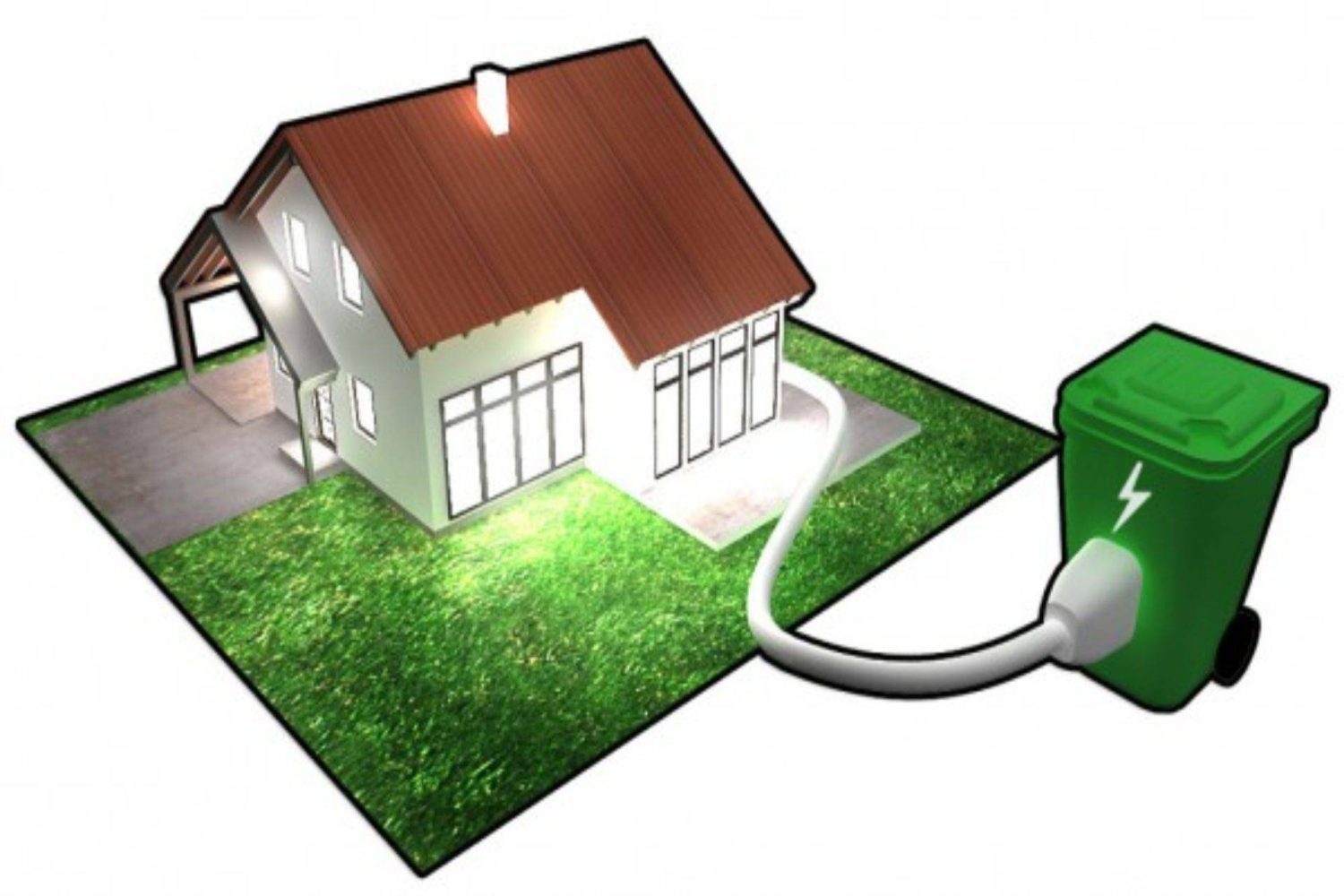Zimbabwean Solid Waste Management Project Attracts USD 150 Mn Investment

A Zimbabwean solid waste-to-energy project is back on track with an investor, Pragma Leaf Consulting Zimbabwe (Pvt) Ltd, committing to pump up to USD 150 Mn to set up the conversion plant and kick-start production.
Despite having suffered a number of setbacks previously, Pragma Leaf Consulting in a statement said that the project was was “on course towards being operational with progress being made on several fronts” after solving challenges that were impeding progress.
“This process is anticipated to be complete by the end of 2019. Construction will commence in 2020 and production of bio-fuels following thereafter. The appropriate technology has already been identified and arrangements are in progress to finalise the procurement with the suppliers from abroad,” reads part of the statement.
The project developers are reportedly in the process of completing the front-end engineering design (FEED) study that will include acquisition of all required land and licensing.
The project was initiated in 2012 with the support of Common Market for East and Southern Africa (COMESA).
In a separate statement, Pragma Leaf said it signed a contract with the Bulawayo City Council in December of 2018 for the construction of the plant.
“This triggered a mobilisation process where Pragma Leaf Consulting has been finalising financial, technical and permitting arrangements with the BCC, local and foreign investors and institutional stakeholders,” it said.
Once completed, the investment is anticipated to generate jobs; over 300 jobs would be created at the plant and about 2 000 jobs downstream. The project would also promote the diversification of energy and promote health and well being of the neighboring residents.
It will also have a ripple positive effect on the social, economic and environmental surrounding of Bulawayo which happens to be Zimbabwe’s second largest city.
Through the investment, old landfills would be refurbished, promotion of regeneration projects on the previously unusable sites will also be achieved as well as the production of renewable energy in the form of bio-fuels (biodiesel, biogas and electricity) for domestic and international markets.
Reports also indicate that National University of Science and Technology (NUST) and Harare Institute of Technology (HIT) will train engineers who will service the plant for its 25 year life. “This will result in a huge skills transfer element that will benefit locals,” it said.
The investment will be carried out in phases with the first stage expected to focus on civil engineering works on the project site.
The waste-to-energy model is best suited for enhancing modernisation of the waste management system in cities with huge environmental benefits that include a reduction in Greenhouse gas emissions into the atmosphere from untreated waste. The model involves generating energy in the form of electricity and/or heat from the primary treatment of waste, or the processing of waste into a fuel source.
Featured Image Courtesy: Centre for public policy alternatives